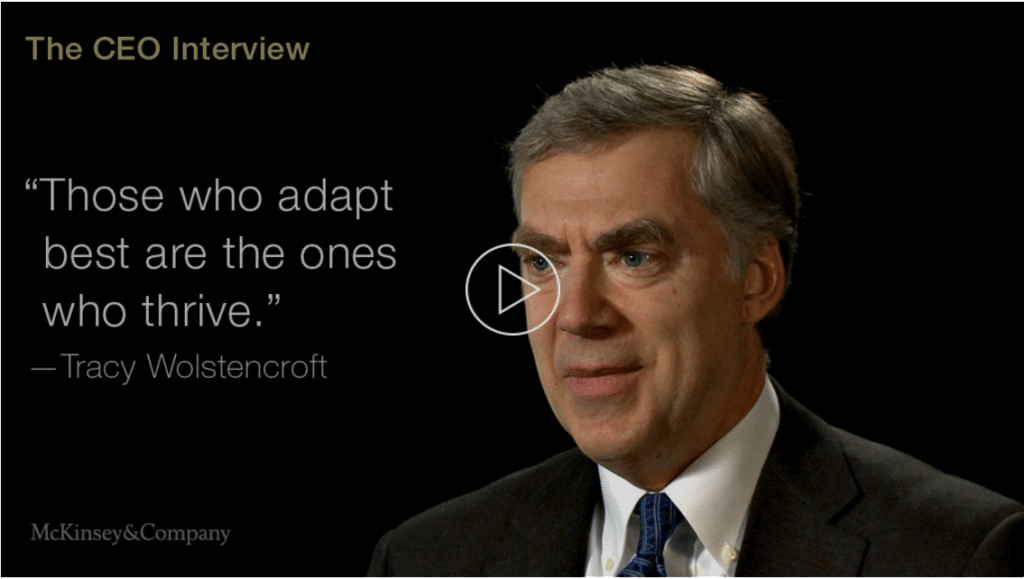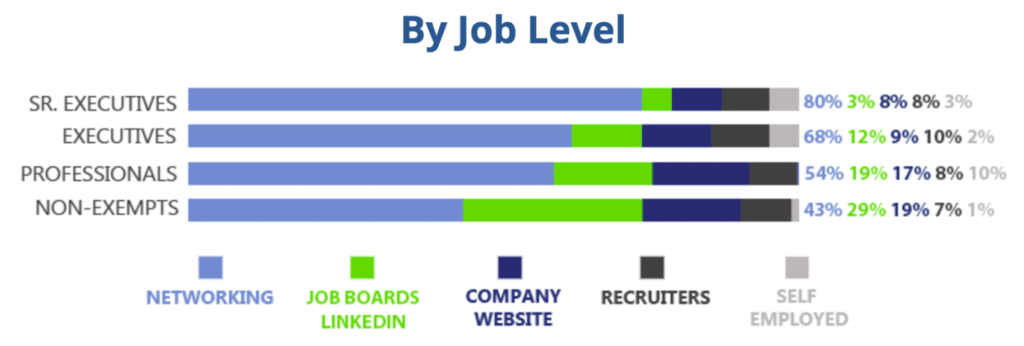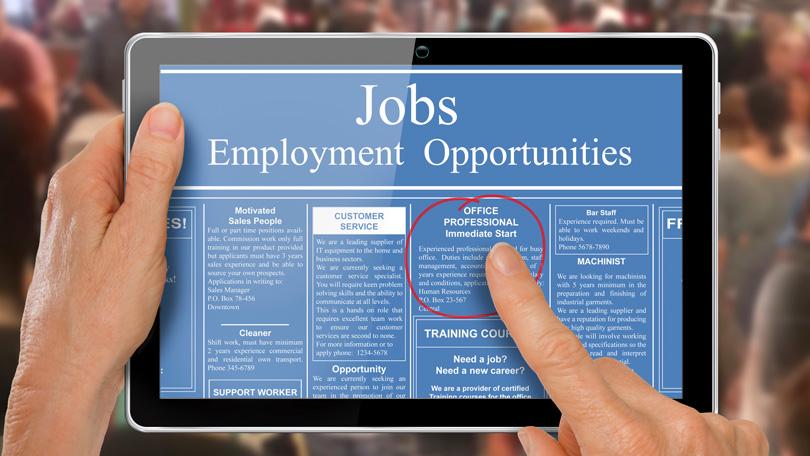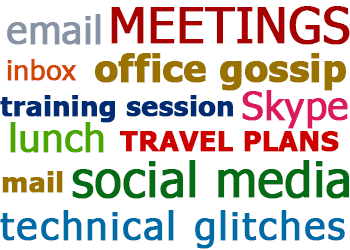Recruiters sometimes have a reputation for reaching out at inconvenient times. It can be tempting just to delete the LinkedIn message or reject the call. But overcoming that natural aversion and taking the call can pay big dividends.
Many companies cannot keep up with the flood of resumes in response to their job postings, and they use recruiters to fill their most critical openings. Many of the top openings are never even posted on job boards. Successful people know that a good recruiter can hold the key to their next great role.
Here are 10 more reasons that successful people take recruiters’ calls:
Successful people are proactive.
There are four professionals that everyone should know before they need them: a doctor, a lawyer, an accountant, and a recruiter. A crisis is not a good time to be looking for one of these people! Take a call when things are good. Candidates who wait until they desperately need to change jobs often find themselves boxed in without many great options.
They get free market intelligence.
Some recruiters are generalists, but most have a specialty focus. Recruiter who hire within a specialized niche are tuned into which parts of the market are growing, and who will be hiring or firing in the near future. A good recruiter relies on industry news to drive their business. They can pass on that industry news to hard-working candidates who might not have time to catch up on the market trends.
 It’s a good investment of time.
It’s a good investment of time.
An investment of 10 minutes can turn into a dream job. Not only that, it can pay big money. Employees get an average pay increase of 8-11% when they change jobs. This is a lot more than the 3-5% annual raises offered by most companies. Young workers see the biggest gains when they change jobs.
Consider the opposite. If proactive candidates are changing jobs and getting those pay increases, there is less money available for the people who stay put. Occasionally changing jobs has become more common
Recruiters work for free.
The hiring manager’s company pays the recruiter, so the candidate benefits from a recruiter’s hard work for free. It never hurts to listen. Searching for a job is stressful even in the best of times, but a recruiter does a lot of the difficult leg-work, including getting the attention of the hiring manager, negotiating salary and relocation packages, selling the candidate’s skills, and coordinating all of the logistics.
Passive talent gets the best jobs.
“Passive talent” is a buzzword that has gained popularity in the recruiting world in recent years. Hiring managers have come to understand that top performers almost never need to leave their job, and are more likely to be passive in their job searches. Often, hiring managers are willing to pay more for passive talent. Not only are they willing to pay a fee to a recruiter, they often have higher salaries than advertised job postings.
Many companies cannot keep up with the flood of unqualified applications that come with job postings, so often a recruiter is their best path to top candidates.
They can double-check their career strategy.
Successful people have a set of written goals to map out their career. However, no one has a perfect perspective of the industry. Many employees have no mentor for their careers. A recruiter’s job is to talk to a lot of people, usually at a high level. They can give valuable insight on what is happening in the industry, as well as general workplace trends. Is it too soon to ask for a raise? What technologies are up and coming? Is it better to change jobs for growth, or stay put to avoid job-hopping? A specialized recruiter can answer these questions and more.
Recruiters often know industry salaries better than the hiring managers.
Managers who do a lot of hiring often have a very good idea of the market rates. However, most hiring managers only hire a few people per year, and many have limited information about current salary ranges. Since it is in the recruiter’s best interest to get the candidate the highest possible salary, candidates can learn where their salary falls with regards to the market rate. They can also discuss what salary range to ask for.
While some jobs naturally develop good negotiation skills, like sales, candidates in industries like technology and engineering often do not get as much opportunity to hone their negotiation skills. A recruiter can not only give them salary information, they often do the negotiation on the candidate’s behalf.
They want privacy.
Online job applications require a lot of information—name, current company, and often salary. Working with a recruiter adds a layer of privacy for candidates in small industries. Ask a recruiter on the first call what their confidentiality policy is. Good recruiters work with NDAs and can run protected searches that keep the client and/or candidate names confidential throughout the process. It pays to work with recruiters with strong confidentiality policies and to have a signed confidentiality agreement in place to protect everyone involved.
They know what upgrades they want.
No job is perfect. Top employees know the benefits and shortfalls of their current role, so that if something significantly better comes along, they can quickly evaluate it and act decisively. Every candidate has slightly different priorities: work-life balance, shorter commute, salary, benefits package, company culture, location, or more exciting projects. Candidates who talk to recruiters regularly are more likely to know what they want and to have clearly defined career goals, preparing them to handle any crisis that might come up.

Not every recruiter’s call will lead to a job change, but that is not the only benefit. Candidates owe it to themselves, their families, and their careers to keep an open mind about potential opportunities. It is a time investment that more than pays for itself.

 Many departments struggle to quantify their ROI. Not sales! Salespeople are fortunate to have easy access to the impact they have had on their company’s bottom line. Most companies publish regular reports showing rankings, quotas, revenue, and other metrics. This is a key advantage because it is direct proof of success.
Many departments struggle to quantify their ROI. Not sales! Salespeople are fortunate to have easy access to the impact they have had on their company’s bottom line. Most companies publish regular reports showing rankings, quotas, revenue, and other metrics. This is a key advantage because it is direct proof of success. Top salespeople have to be big-picture and detail-oriented at the same time. When it comes to closing high-profile deals, they need to anticipate a prospect’s objections and overcome them with solid, compelling data. The same rule applies in an interview.
Top salespeople have to be big-picture and detail-oriented at the same time. When it comes to closing high-profile deals, they need to anticipate a prospect’s objections and overcome them with solid, compelling data. The same rule applies in an interview.




 Trying to find a good recruiter on a deadline during a crisis is not a good idea. Build a relationship with a recruiter ahead of time. A good recruiter will always be open to potential future job openings, and they will have the benefit of extra time to get to know the company before a job opening comes along. Choose a recruiter who knows the industry well and who has a strong pipeline of candidates that could fill the company’s tough positions.
Trying to find a good recruiter on a deadline during a crisis is not a good idea. Build a relationship with a recruiter ahead of time. A good recruiter will always be open to potential future job openings, and they will have the benefit of extra time to get to know the company before a job opening comes along. Choose a recruiter who knows the industry well and who has a strong pipeline of candidates that could fill the company’s tough positions.


 Give plenty of warning. Never surprise someone with a performance review. Preferably set them at regular intervals through the year so that employees know when they are coming up.
Give plenty of warning. Never surprise someone with a performance review. Preferably set them at regular intervals through the year so that employees know when they are coming up.

 If the situation arose due to your mistake, own it and provide an action plan (if appropriate) to correct what went wrong. Rather than insisting on fairness, list the positive results that you can achieve and how you plan to get there.
If the situation arose due to your mistake, own it and provide an action plan (if appropriate) to correct what went wrong. Rather than insisting on fairness, list the positive results that you can achieve and how you plan to get there.



